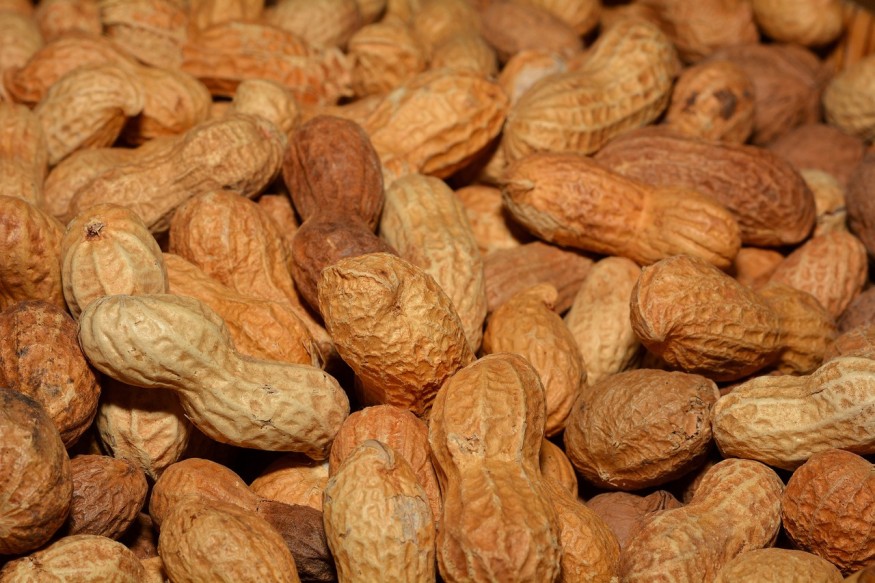A late-stage clinical trial conducted by an international team of researchers has revealed that a "peanut patch" has the potential to reduce allergic reactions in kids with nut allergies.
These findings suggest that the peanut patch could be a promising approach for managing nut allergies in young children. Further research and development in this area could provide valuable insights and potentially offer a safe and effective treatment option for individuals with peanut allergies, particularly in the pediatric population.

Peanut Patch Desensitized Kids With Mild Nut Allergies
According to Science Alert, the recent trial led by pediatric allergy specialist Matthew Greenhawt from the Children's Hospital Colorado revealed that wearing the Viaskin peanut patch for 12 months has proven effective in desensitizing toddlers with mild peanut allergies. The trial involved toddlers aged 1 to 3 years across eight countries, including the US, Australia, Canada, and Europe.
Out of the 244 children who wore the skin patch, two-thirds became desensitized to peanuts, enabling them to tolerate consuming a small number of peanuts without experiencing allergic symptoms.
In comparison, only one-third of the 118 toddlers in the placebo group showed signs of desensitization, with some likely outgrowing their allergy over a longer period.
The trial results have been well-received as a significant step forward in providing potential treatments for food allergies, offering hope to toddlers and their families. The ability to tolerate small amounts of peanuts after treatment, equivalent to approximately one to four peanuts, provides a level of protection against accidental exposure, relieving the anxiety associated with living with a food allergy.
The peanut patches work by exposing children to controlled doses of peanut protein through the skin, gradually building tolerance. While intentionally exposing allergic children to the allergen may seem risky, emerging evidence suggests its effectiveness.
The prevalence of food allergies, especially among infants, is a growing concern. Studies from Australia, known as the food allergy capital of the world, indicate that approximately one in ten infants has a food allergy.
Peanut Patch Gives Hope to Kids and Their Families
The study on the Viaskin Peanut patch has some limitations, including the exclusion of children with a history of severe allergic reactions and a lack of racial diversity among participants, CNN reported.
However, the findings are considered a significant advancement in addressing peanut allergies, which affect an estimated 2.5% of US children, with only a small percentage eventually outgrowing them. While an oral treatment called Palforzia is approved for older children, there are no available options for younger kids.
Lead author Dr. Matthew Greenhawt emphasizes the potential impact of the Viaskin Peanut patch, providing hope to toddlers and their families who currently lack approved treatment options. The introduction of peanuts into the diet at an early age has been shown to reduce peanut allergies significantly, but questions remain regarding dosage, age, frequency, and duration.
Dr. Alkis Togias, in an accompanying editorial, highlights the potential benefits of allergen immunotherapy in toddlers, as their immune systems have a plasticity that may lead to higher efficacy and longer-lasting benefits. Although skin patches may have a better safety profile than oral therapy, they may offer less protection.
Nonetheless, the findings of the Viaskin trial are viewed as positive news for toddlers and their families, representing a step forward in the development of treatments for food allergies.
RELATED ARTICLE : Fecal Transplant Pills a Potential Food Allergy Treatment for People Allergic to Peanuts Based on Clinical Trial Results
Check out more news and information on Allergy in Science Times.
© 2025 ScienceTimes.com All rights reserved. Do not reproduce without permission. The window to the world of Science Times.












